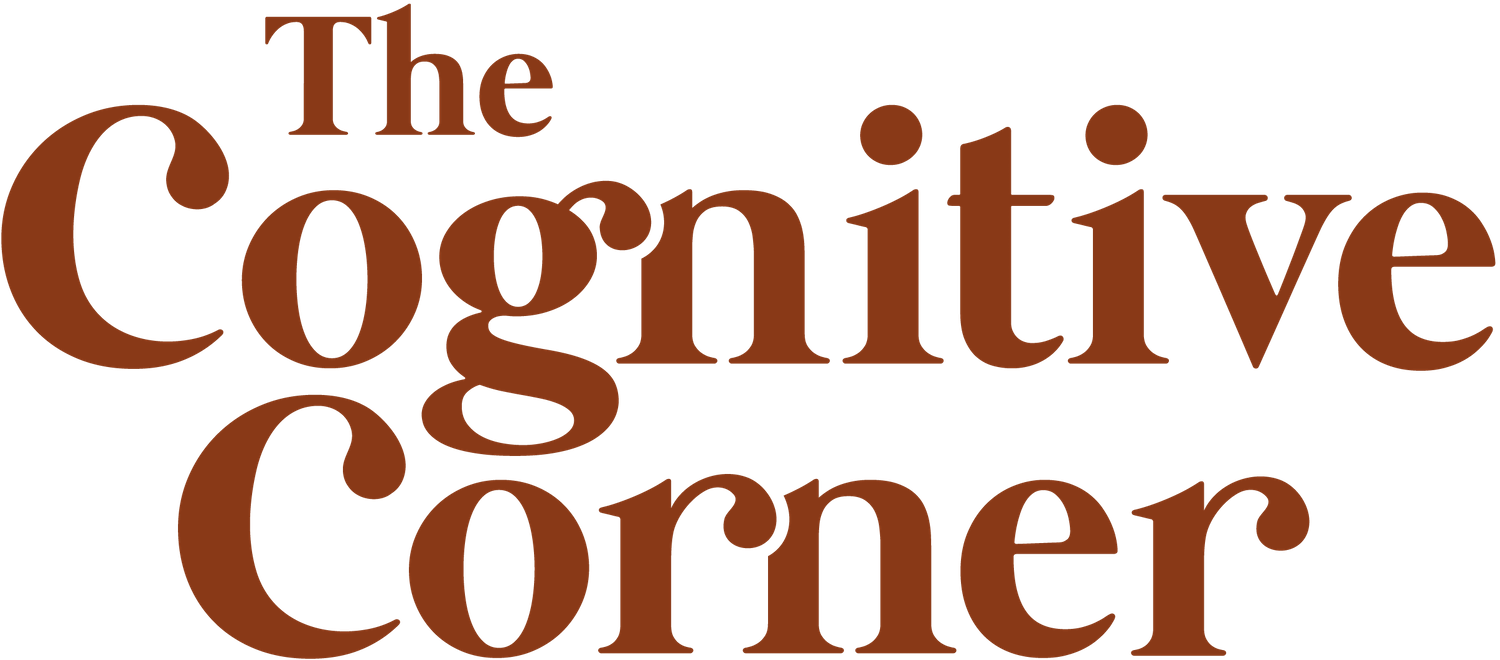Help! I Have No Idea What to Talk About in Therapy
Have you ever found yourself in therapy—whether it's your first session or you've been attending for a while—and suddenly you draw a blank? You might not know what to say or where to take the conversation. It happens to the best of us, and we're here to help! Keep reading and we’ll cover why this happens, ideas for what to talk about in therapy, tools to help, and more to ensure you are feeling back on track.
Why is This Happening to Me?
Life has its ups and downs, and the same thing can happen in therapy. The great thing about it, is that you can discuss anything, no matter how small or big it may seem; nothing is off-limits. Sometimes, the most meaningful sessions occur when you walk in unsure of what to talk about. While it may feel isolating, you're not alone in this.
Many people have experienced the same thing at one point or another, and during these times, keep the following in mind:
The purpose of therapy is not to cram as much as you can into the time, so take pauses and ask questions to help guide you.
You do not need to worry about impressing your therapist! They’re here to help and listen to you no matter how that looks.
It’s not about comparing this session to previous sessions. Progress is not linear, and it doesn’t mean you won’t equally benefit from this one!
I’ve Drawn a Blank in Therapy – So, Now What?
Entering a therapy session without a clear topic or direction can feel intimidating or even nerve-racking and probably has you wondering “now what?”. If you’re unsure of what to discuss, your therapist can always help guide you but, if you want to go in feeling a bit more prepared, here are a few topics you could bring up in your session:
Acknowledge the Strengths: consider what has been going well in your life, why you think it might be going well, and how you can translate this to other aspects of your life.
What’s Changed?: have you had any life transitions recently or changes in any relationships? This can be both positive and negative.
Circle Back to Goals: take some time to revisit your goals from earlier on in sessions. This helps you see the progress you’ve made, where you are presently at, and where you’d like to take those goals in the future.
Explore the Present: naturally, we tend to talk more about our past and future rather than the present. Explore how you currently feel!
What Brings You Joy?: take some time to reflect on what makes you happy and see how you might be able to translate this into more areas of your life!
How’s Therapy Going?: use this opportunity as a check in to see how sessions are going. This can help you and your therapist better understand your therapeutic goals and reevaluate what’s working well, areas of improvement, and direction you want to go in!
*Bonus: be vocal about the fact that you don’t know what to talk about! Therapists are here to help support you, and with that, can help you deep dive into why you might be feeling this way and find underlying themes!
How Can I Avoid This in Future Therapy Sessions?
We totally get it; you probably don’t want this happening all the time. That said, here are a few tips and tricks to help you feel a bit more confident about what to talk about in your next session:
Journaling: keeping a journal nearby can help you jot down how you're feeling on a more day-to-day basis. Bring this to your next session to help to jog your memory, explore common themes, and examine patterns!
Take a Pause: therapy doesn’t have a set schedule and it’s natural for some to take a pause. Chat with your therapist to see what this can look like and know that you can always reach out and book a session when needed!
Try Something New: sometimes we fall into routine, and while that is not always a bad thing, trying something new can spark new feelings, goals, etc. that you may want to further explore!
Chat with Your Therapist: don’t be shy to have a conversation with your therapist. Each professional uses different approaches, modalities, etc. and you can ask them to be more (or less) directive in sessions!
Too Long – Didn’t Read:
Not knowing what to talk about in therapy can be challenging! Take pauses and ask questions, don’t stress about impressing your therapist, and avoid comparing this to previous sessions.
If you don’t know what to talk about, consider circling back to goals, exploring the present, and recent changes to get the conversation going.
Use tools like journaling if you want to feel more prepared!
Don’t be afraid to talk about “not knowing what to talk about” and know that sometimes the best sessions come from this!
Conclusion:
In the end, remember that it’s natural for therapy to fluctuate and to sometimes not know what to talk about. Be patient with yourself, communicate with your therapist, explore options, and remember you’re not alone in this. With the tips, ideas, and tools we’ve covered, hopefully you’ll feel better equipped to navigate moments like these and feel more confident about what to talk about in future sessions.
Want to explore therapy or don’t know where to start? At TCC, we have a diverse team of therapists in Canada who are ready to support individuals and couples! Book your free therapy consult today!
References:
Marie, S. (2024). What to talk about in therapy: 12 ideas to consider. Healthline. https://www.healthline.com/health/what-to-talk-about-in-therapy
Steinberg, J. (2019, October 16). How to use therapy when you have nothing to talk about. Through the Woods Therapy Center. https://www.throughthewoodstherapy.com/nothing-to-talk-about/
Hairston, S. (n.d.). What should I talk about in therapy? (effective topics for growth). OpenCounseling. https://blog.opencounseling.com/what-should-i-talk-about-in-therapy/


